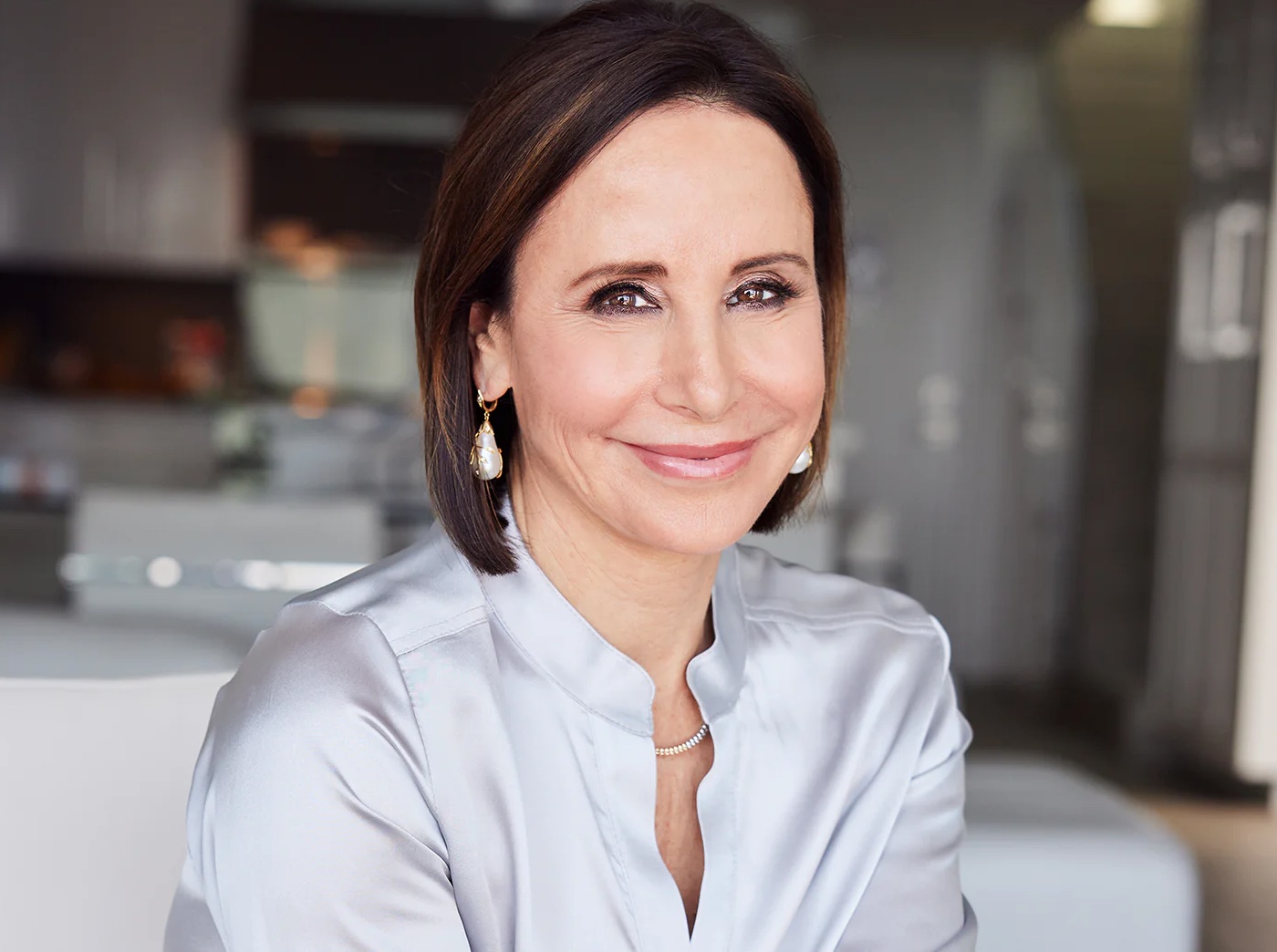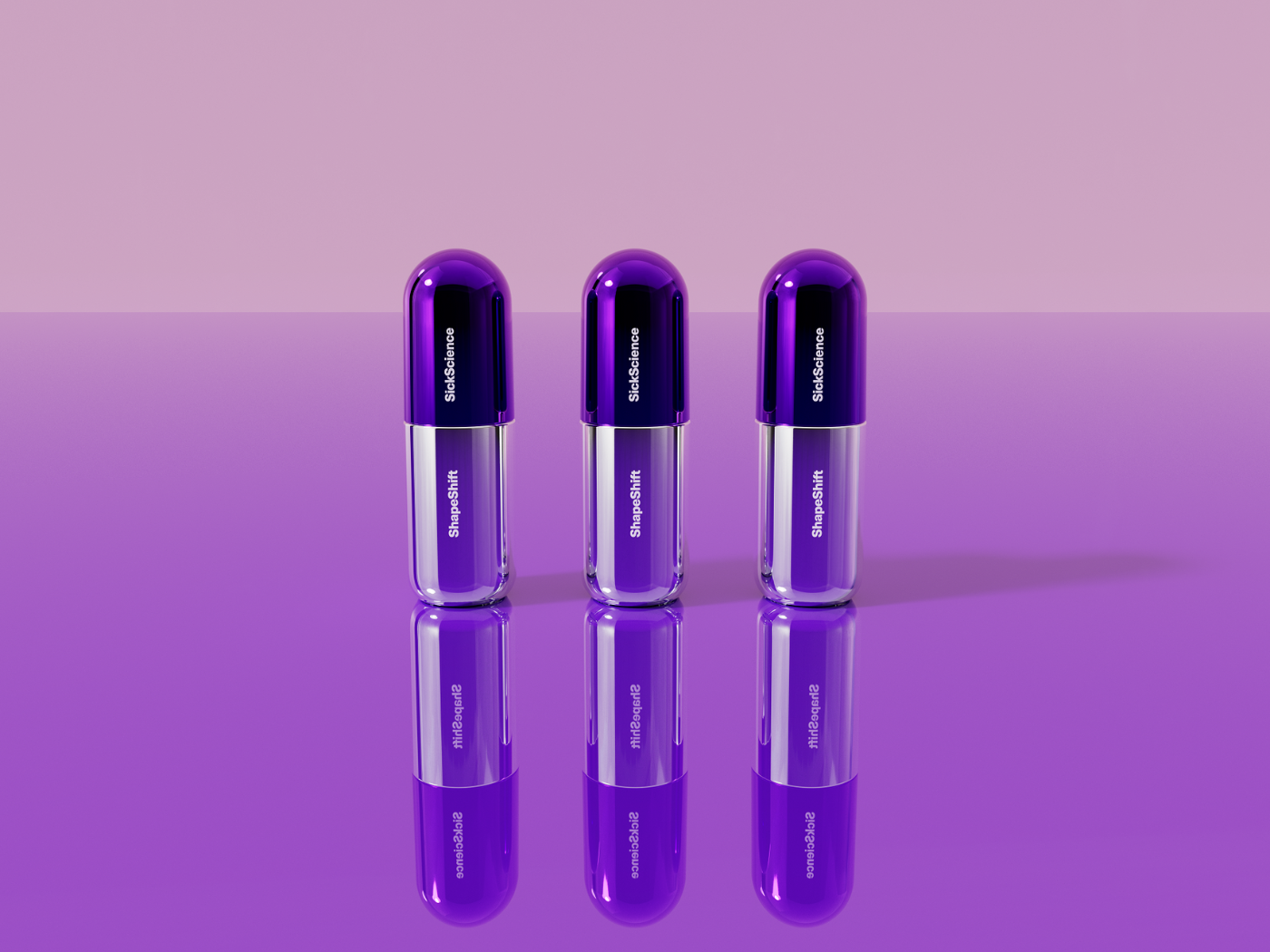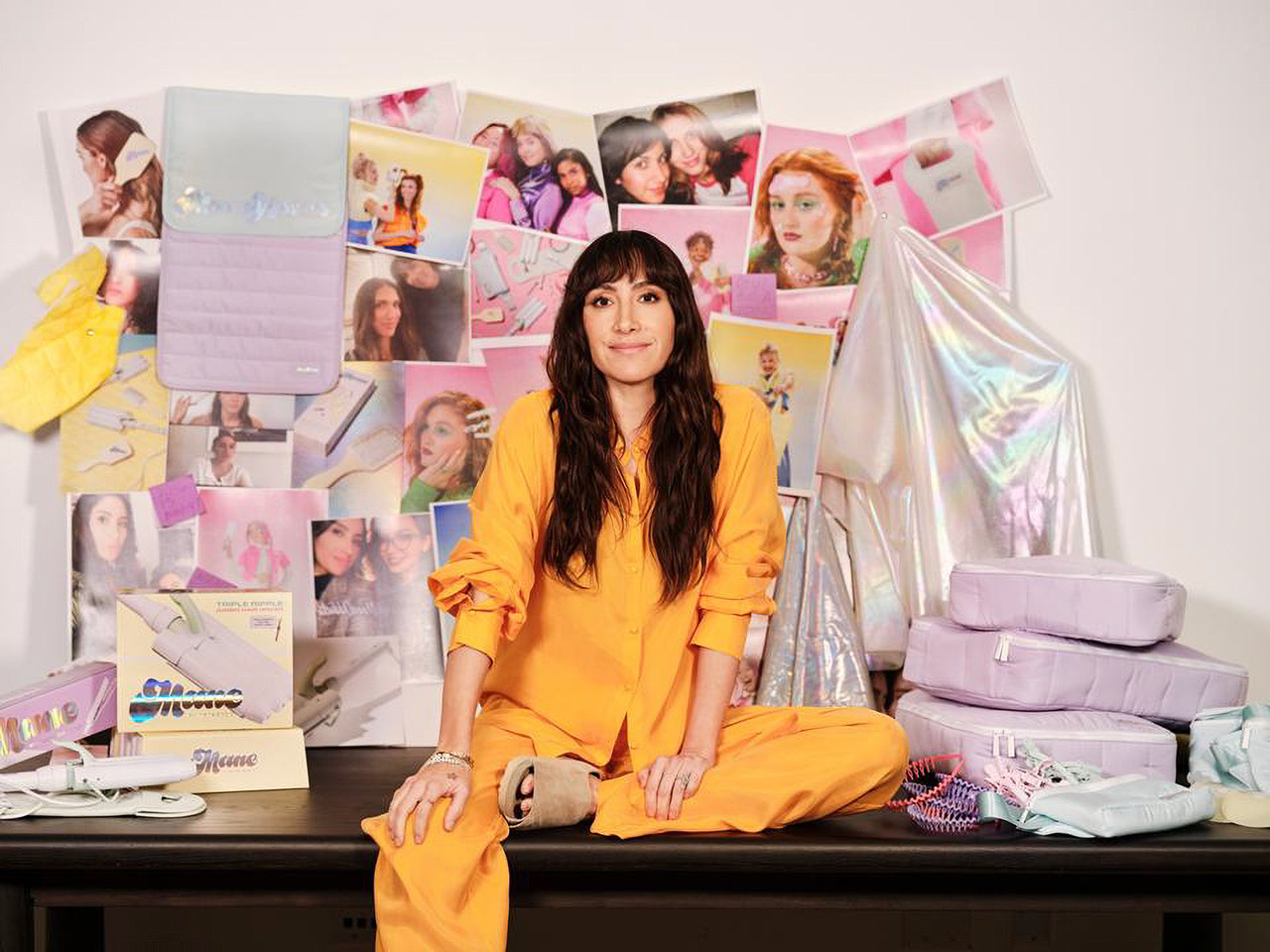bumble and The Body Shop discussed the impact diversity and globalization is
having on the beauty industry at a symposium Friday, November 17, sponsored by
FIT’s School of Graduate Studies, the first event in a new series.
Each executive discussed issues relevant to their
companies’ dealings with diversity and globalization.
For example, with its acquisition of Alberto-Culver,
Unilever took in several ethnic hair care brands and has grappled with what to
eliminate, what to integrate and if any voids need filling. As part of the
process, the company is eyeing a packaging revamp including new functional
descriptions. It seems as minority markets become majority markets, the company
wants to offer solutions to those with kinky, curly and wavy hair for the looks
they want to achieve.
“You have this
hair and you want to have that hair,”
explained Cheryl Wilson, Unilever’s director of global business development,
ethnic hair care. “We want to take concentration off ethnic and make it about
hair textures. Our products are need-based, not skin color-based.”
Nicholas Gavrelis, vice president, global product
development for M.A.C., commented that global trends are now more prevalent,
thanks in part to social media. He recalled an unexpected demand for M.A.C.’s Snob
lipstick, a white-based pink shade, after it was worn by a popular Latin
American novella actress and written about by a blogger. More recently, its launch
of Natural Radiance, a prep and primer for oily and combination skin that
offers brightening, was inspired by Asian whitening products. It is currently exceeding
projections.
Alexandra Fritsch-Gil, marketing manager, Bumble and
bumble, said she anticipates beauty ideals will change with new influences, and
that marketers will respond. “We will evolve and mirror the changing face of
our diverse consumer…Marketers used to need a good emotional IQ and business
IQ, now they need a cultural IQ.”
Mark Davis, director, community and ethnical trade
for The Body Shop Intl., a company with a history of partnerships around the world,
currently sources 25 ingredients from 21 different markets. He advises others that
to do this successfully, there has to be a respect for the land and fair
business practices with its indigenous residents. “If you don’t pay fairly, it
is essentially intellectual (and product) theft,” a violation he referred to as
“bio-piracy.”
Furthermore, as world populations proliferate there
will be greater demand for the acreage producing these agricultural
ingredients. A cosmetics use is likely to lose out to food, pointed out Body
Shop’s Mark. “So we need to work responsibly, and not put more pressure on
these lands.”
Keynote speaker Tonie Leatherberry, a principal of
Deloitte Consulting LLP, cited Nielsen data where in 2011 50% of children under
the age of one were minorities, and by 2025, 50% of the U.S. population may be
multicultural.
Stephan Kanlian, chairman of the school’s Cosmetics
& Fragrances Marketing and Management program, said its curriculum has
forever changed. International studies is no longer treated separately “but
integrated in all classes.” And its field studies program itinerary has been
expanding to include markets like Stockholm and Korea, in addition to London,
Paris, Tokyo and Shanghai.



